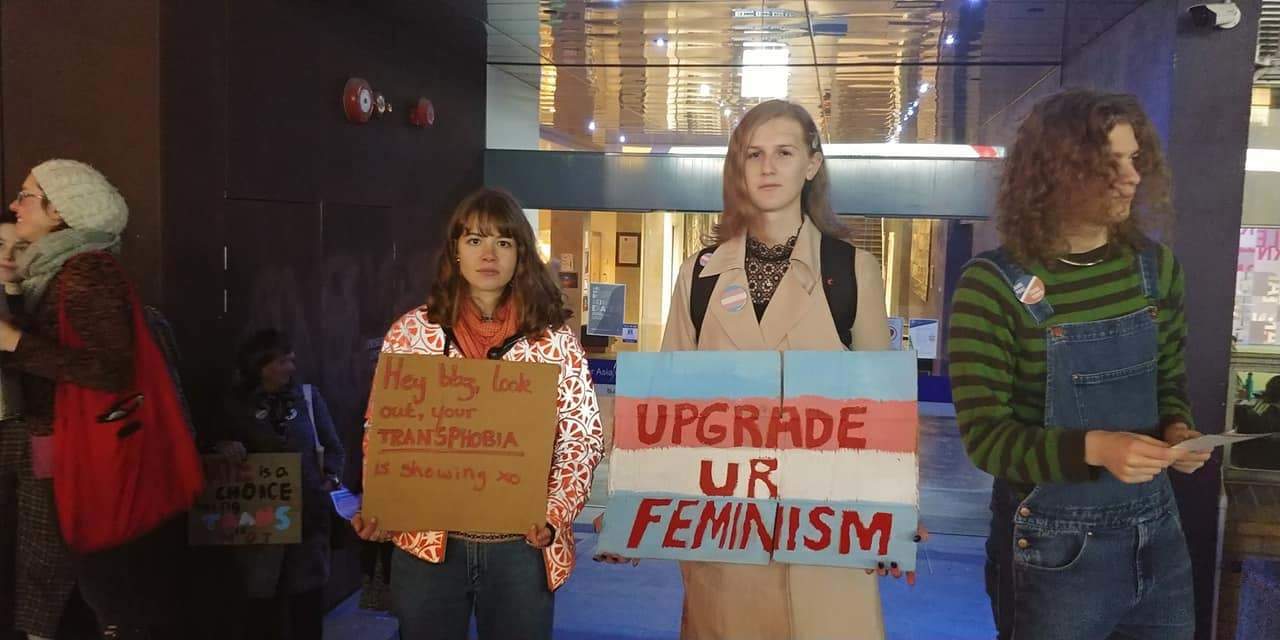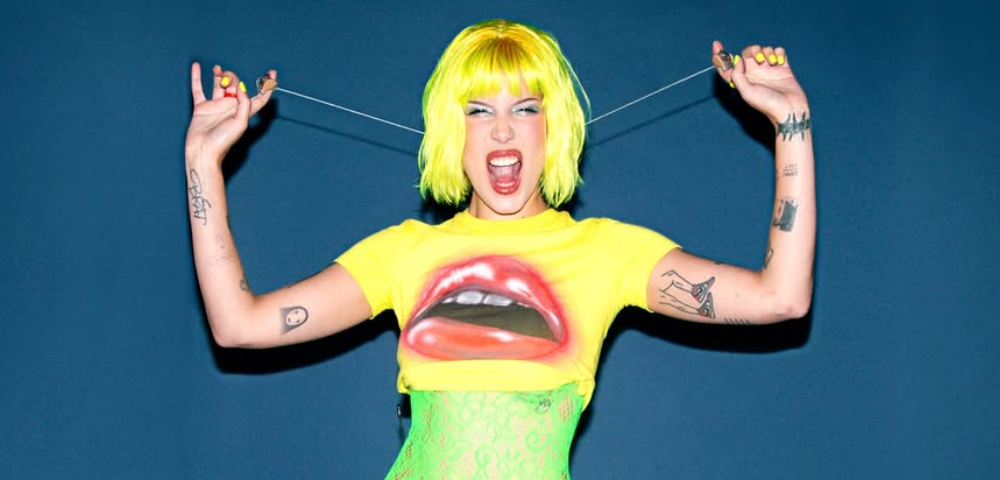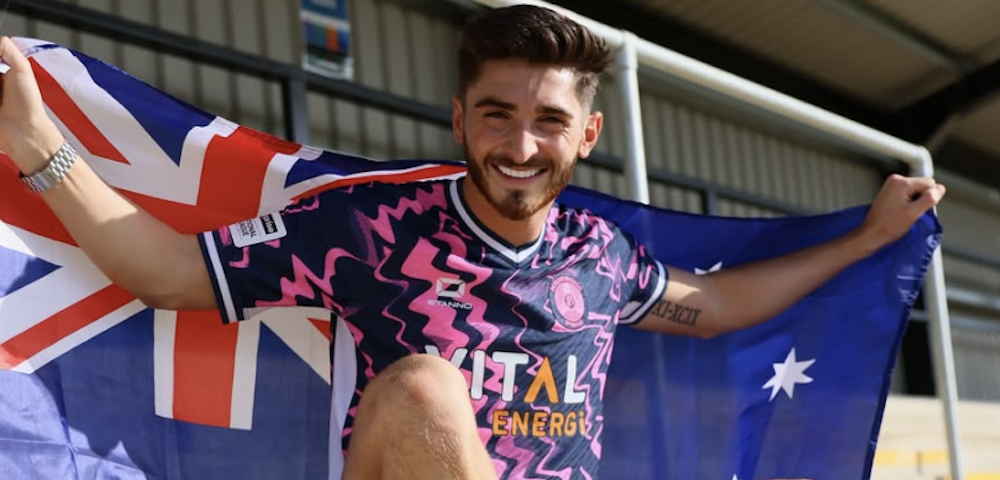
Anti-trans event picketed at University of Melbourne

Last Thursday, around a hundred protestors surrounded the Sydney Myer Asia Centre at the University of Melbourne’s Parkville campus in a show of solidarity with the transgender and gender diverse community in Victoria.
The peaceful protest was held in opposition to what many considered a transphobic event being held inside by the Victorian Women’s Guild.
The recently formed Victorian Women’s Guild oppose the Victorian Government’s planned amendments to the Births, Deaths and Marriages Registration Act 1996 and hired the venue to host a panel discussion on what they call “The Future of Sex-Based Rights in Australia.”
The event featured number of speakers, including University of Melbourne senior lecturer Dr Holly Lawford-Smith, a self-identified gender critical feminist, who voiced concerns over proposed amendments to the Act.
The Star Observer asked the Victorian Women’s Guild if any of the speakers at the event supported the reform or if all were opposed but received no response, other than to ask if we were covering both sides of “the debate.”
The amendments would allow trans and gender diverse people to change the sex registered on their birth certificate without having to undergo “sex affirmation surgery” as is currently required in only Victoria and NSW.
Speakers voiced concerns that the Victorian Government had not sufficiently consulted with groups affected by the proposed amendments and discussed how they claimed such amendments could put cisgender women at risk.
A source from inside the venue told the Star Observer that “although academic concern was a point of discussion, the event felt more like a gathering where anti-trans views could be validated under the disguise of academic freedom.”
In the week prior to the event, an open letter with over fifteen hundred signatures was delivered to the University’s Vice Chancellor Professor Duncan Maskell, objecting to it being allowed to take place on campus.
While acknowledging those objections, Professor Maskell responded that, “a commitment to the rights of LGBTQI people and a commitment to freedom of expression are not automatically in conflict, unless that expression takes the form of bullying, violence, or attempts to suppress the rights of others to speak.”
However some protestors believed the Victorian Women’s Guild event did constitute a form of violence in that they felt it was an attempt to suppress the rights and identities of trans and gender diverse people.
Andie Moore, a student at the university and a member of its Queer Political Action Collective, called the event a “direct attack on trans people [and an] attempt to reduce trans people’s lives and lived experiences down to their genitals” which allowed transgender exclusionist feminists to misgender trans people as the sex they were assigned at birth.
Moore said events like the one hosted by the university, “create cultures where trans people are attacked”’ and allow anti-trans ideology to breed uncontested.
Protesters believed the university had the power to stop the event from taking place and that it took a stand of academic freedom over taking steps to prevent or reduce risks to trans and gender diverse people who choose to engage with the university.
Priya, a student at the university who helped organise the open letter, expressed “deep disappointment” at the response from Professor Maskell.
A representative of the Industrial Workers of the World (IWW) who co-organised Thursday night’s protest told the Star Observer, “we’re disgusted but not surprised the University of Melbourne hosted such a hateful event.”
The IWW member said the university had a long history of upholding patriarchal and colonial narratives and said it had exhibited a historical opposition towards people’s right to demonstrate on campus.
Although unsuccessful in trying to cancel the event, protesters felt they were successful in having their voices heard, being witnessed by many onlookers who stopped to engage in discussions and to share their support for transgender and gender diverse people having their gender legally affirmed.
In the meantime, trans and gender diverse Victorians hope the Victorian Parliament passes the proposed amendments to the Births, Deaths and Marriages Registration Act 1996.
This legislation will bring Victoria into line with Tasmania, the Australian Capital Territory, Northern Territory, Western Australia and South Australia, which have already removed gender affirmation surgery as a requirement for ‘sex-marker’ changes on birth certificates.









